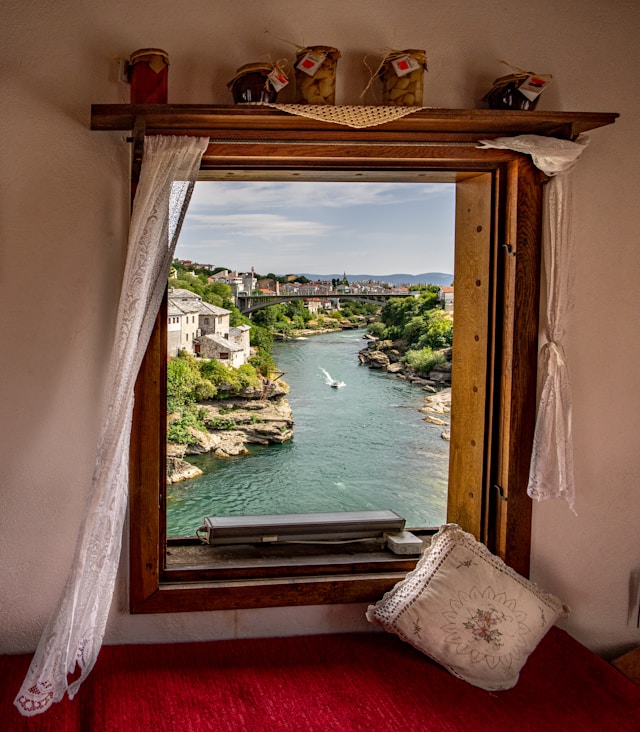
I want to write more about the history of Bildung and Bildungish ideas and practices in Bosnia and Herzegovina during 1890-1920. I am focusing on Prosvjeta (meaning education or enlightenment - Prosvjeta in Bosnian standard dialect, while Prosveta in Serbian standard dialect), which at that time and still is today a cultural-educational society for the Serb community in BiH.
Today, I asked Chat GPT for help, and I have some interesting and even mind-blowing information. Here are the following examples, including the usage of Bildungish practice for militant, extreme, and aggressive actions :
Prosveta was an important cultural and educational organization in Bosnia. It was founded in 1902 in Sarajevo during the Austro-Hungarian rule. Prosvjeta aimed to promote education and cultural development among the Serbian population in Bosnia and Herzegovina. The organization focused on improving literacy, supporting the establishment of schools, and fostering a sense of national identity through cultural activities.
Prosvjeta organized various educational programs, published books and newspapers, and supported the establishment of libraries and reading rooms. It played a significant role in preserving and promoting Serbian culture and heritage in Bosnia during a time of significant political and social change.
Before the 1920s, Prosvjeta's main activities included:
Educational Initiatives: Establish schools and support education to improve literacy rates among the Serbian population. They emphasized both primary and secondary education.
Cultural Preservation: Promoting Serbian culture and heritage through various cultural activities, such as organizing events, performances, and cultural gatherings.
Publications: Books, newspapers, and other literature are published to foster national consciousness and cultural identity. These publications often include educational materials, literature, and historical works.
Libraries and Reading Rooms: Setting up libraries and reading rooms to provide access to books and educational resources encourages reading and learning.
Community Support: Providing support to teachers and students, including scholarships and resources to improve the quality of education.
Prosvjeta was inspired by various European educational philosophies, including those from Denmark. The concept of "folk-Bildung" in Denmark, which emphasizes lifelong learning and education for personal and societal growth, was particularly influential. Danish folk-Bildung aimed at fostering holistic personal development and civic responsibility, ideas that resonated with Prosveta's mission.
Mlada Bosna, on the other hand, was a revolutionary movement composed mostly of young Bosnian Serbs, some Croats, and Muslims who sought to end Austro-Hungarian rule and promote South Slavic unity. They were inspired by various nationalist movements across Europe and engaged in more radical actions, including the assassination of Archduke Franz Ferdinand in 1914.
The connection between the two lies in their common objective of fostering a South Slavic identity and resisting Austro-Hungarian domination. Members of Mlada Bosna were influenced by the cultural and educational work of organizations like Prosvjeta, which helped to instill a sense of national consciousness and unity that Mlada Bosna sought to achieve through more direct action.
While Prosvjeta focused on education and cultural activities, Mlada Bosna took a more political and revolutionary approach. The educational groundwork laid by Prosvjeta likely played a role in shaping the nationalistic and revolutionary ideals that members of Mlada Bosna adopted.
Photo via Mana5280